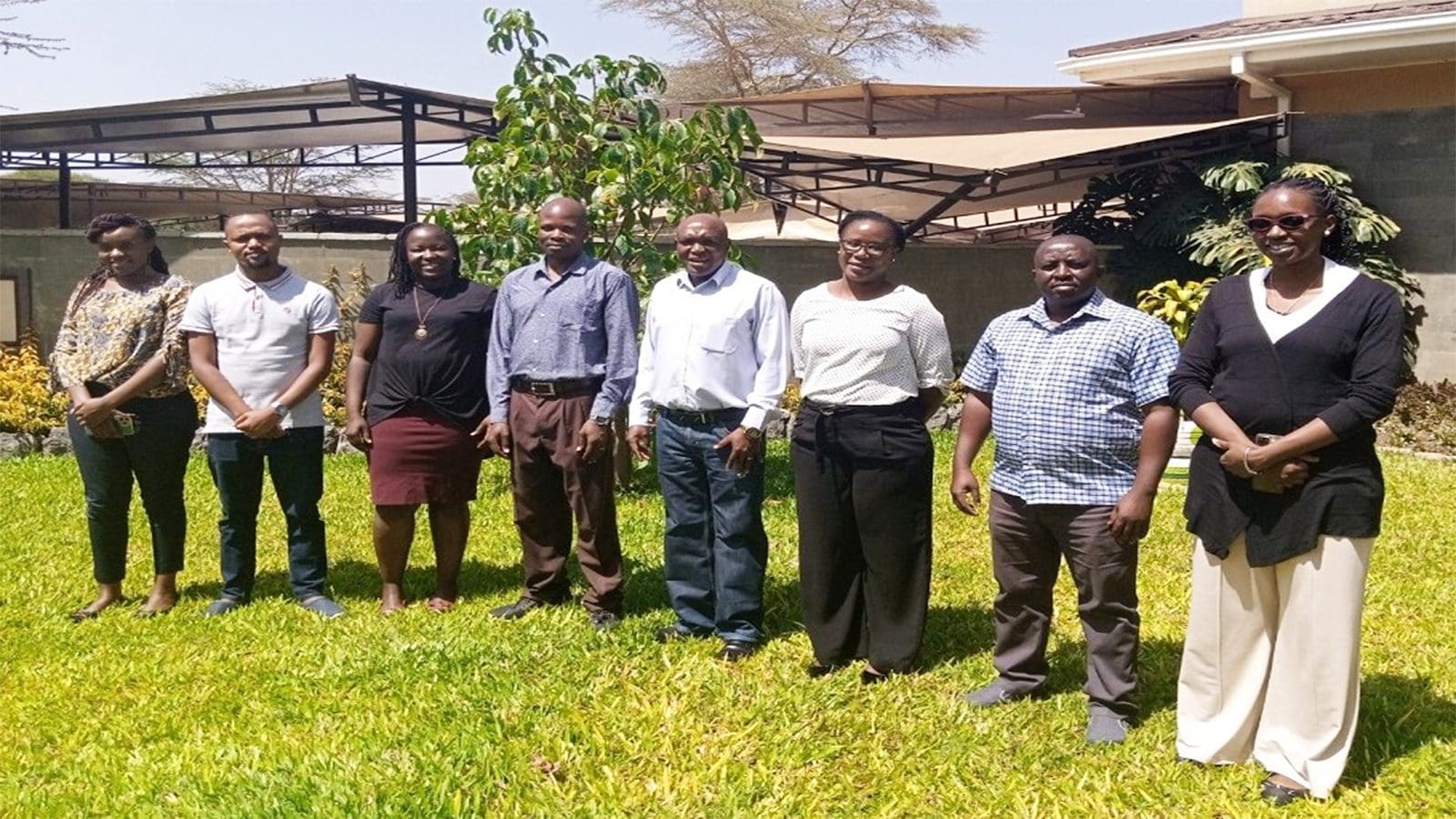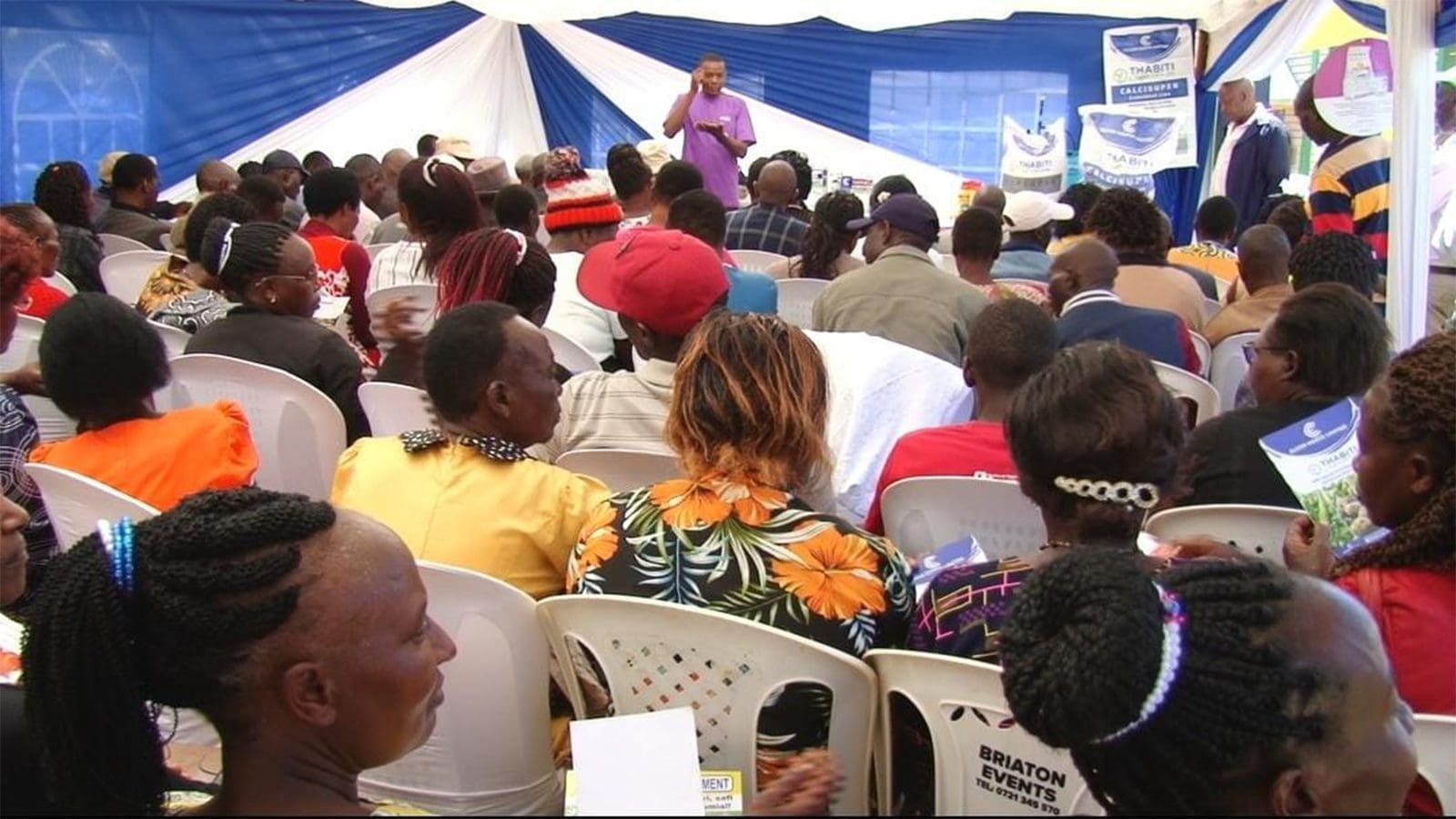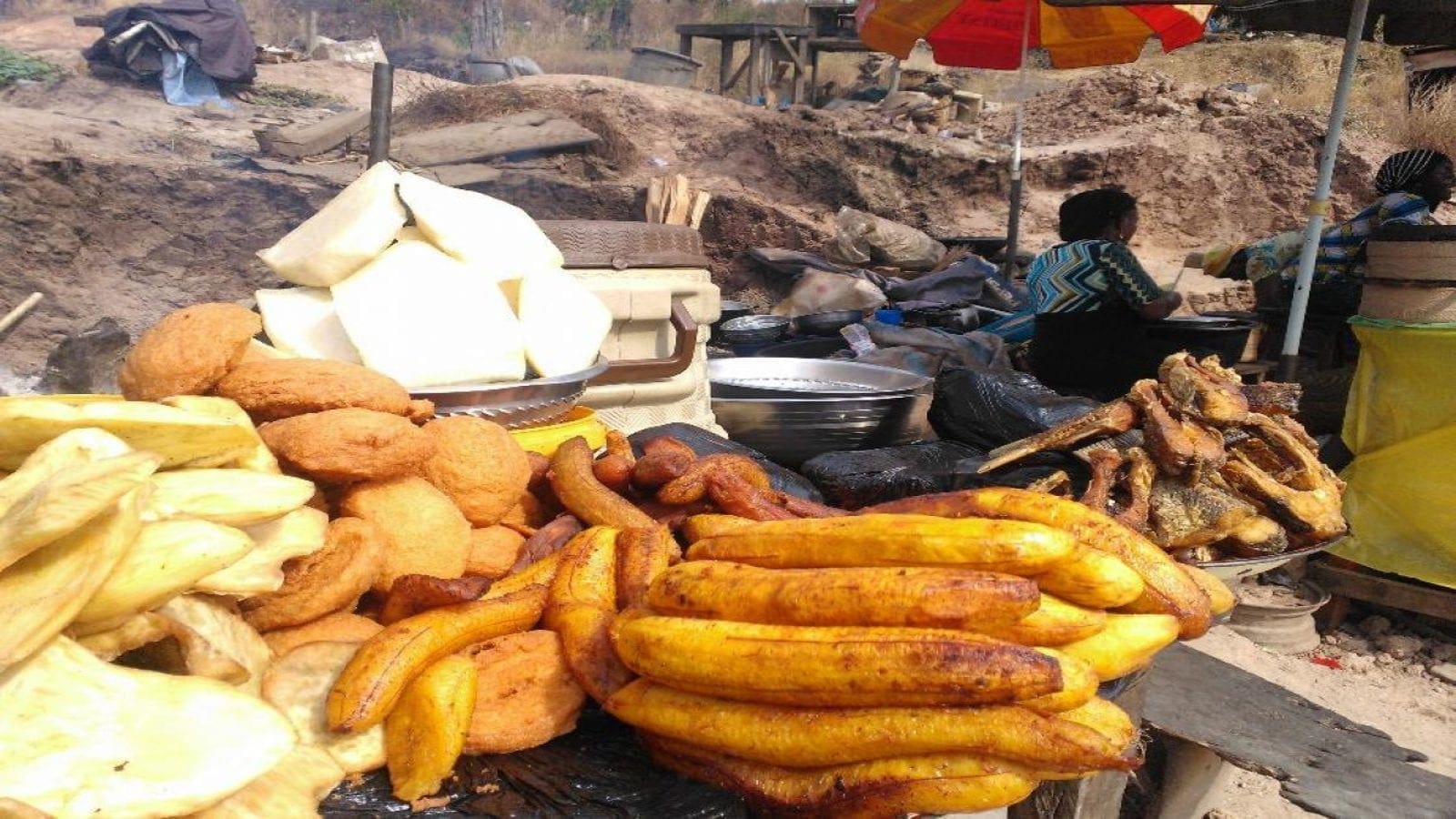KENYA – Scientists from CABI have collaborated with technical professionals from various organizations to explore plant protection products (PPPs) that could combat a variety of crop pests and diseases and guarantee higher production and livelihoods for millions of smallholder farmers in Kenya.
Working together, the experts will identify potentially problematic plant protection products from TRACE and RASFF notifications as well as the EU’s list of PPPs that are not approved.
This comes after a roundtable conversation in November about finding less dangerous pesticides to replace high-risk ones that are also less destructive to the environment.
During the Roundtable, ongoing PPP-related activities by the various stakeholders as well as cases where pesticide concerns are being recognized in locally consumed and sold commodities, particularly to the EU market, were shared.
The necessity for risk assessment, product reviews, and the creation of a national framework for plant protection products (PPPs) as a means of lowering pesticide hazards were some of the meeting’s main takeaways.
One suggested course of action was for the government and other pertinent organizations to collaborate in order to identify PPPs of concern based on the data that is currently available on the priority crop-pesticide combinations, the pesticides that are currently being used, and potential management options.
The primary goals of the current workshop, according to Dr. MaryLucy Oronje, a scientist with expertise in sanitary and phytosanitary (SPS) concerns, were to identify PPPs related to the most recent (2020–2022) RASFF notifications to Kenya on produce sold to EU and UK markets.
The workshop also aimed to locate PPPs that were registered in Kenya and for which a variety of prerequisites were true.
Included in these are instances where maximum residue limits (MRLs) were lowered in the EU and the UK and would prevent the use of crops for export.
The workshop also sought to identify PPPs that KEPHIS has discovered while conducting routine local pesticide use monitoring operations.
Based on the findings highlighted at the workshop, the Technical Working Group on Plant Protection Products for Trade made recommendations on the suitability/existence of good agricultural practices for Kenya’s agroclimatic conditions, for the target crop market and the need for further residue trials, Dr. Oronje informed.
“Also, it was agreed to consider the existence of registered alternatives – including but not limited to criteria such as efficacy, resistance management, and environmental/health risks – and the need for further research and registration of such suitable alternatives and good agricultural activities (GAP),” she said.
Last year CABI published a working paper entitled ‘Use of the CABI BioProtection Portal increases awareness of safer plant protection products among farmers and agricultural advisers in Kenya.’
Working together, the experts will identify potentially problematic plant protection products from TRACE and RASFF notifications as well as the EU’s list of PPPs that are not approved.
This working paper presents the findings of a study that was carried out in Kenya to evaluate two sets of data: awareness and use of biopesticide/biocontrol products, and awareness and usage of the web-based BioProtection Portal run by CABI, among a variety of respondents in Kenya.
These people comprised growers of fresh products, agro-dealers, and farmers’ advisors.
The Technical Working Group consists of professionals from the Committee Linking Entrepreneurship-Agriculture-Development (COLEAD), CropLife International, the Agrochemical Association of Kenya (AAK), and the Fresh Produce Exporters Association of Kenya (FPEAK).
For all the latest food safety news from Africa and the World, subscribe to our NEWSLETTER, follow us on Twitter and LinkedIn, like us on Facebook and subscribe to our YouTube channel.








